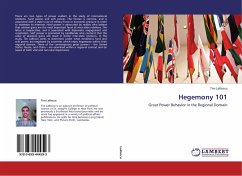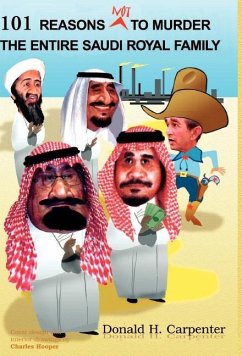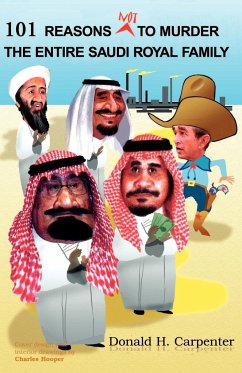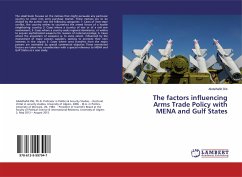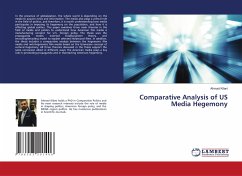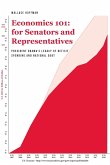There are two types of power evident in the study of international relations: hard power and soft power. The former is coercive, and is associated with a state's use of military force or economic pressure in order to maximize its interests. Hard power is advocated by realists who believe that relative gains are the most important facet of inter-state relations. The latter is cooperative, and is associated with diplomatic engagement and cooptation. Soft power is promoted by neoliberals who contend that the value of absolute gains will result in better inter-state relations. In this study, Tim LaRocco seeks to determine under what conditions hard and soft power are employed by countries which enjoy hegemony within their regional domain. Three of the contemporary great powers -- the United States, Russia, and China - are examined within a regional context and on issues of both vital and non-vital importance.
